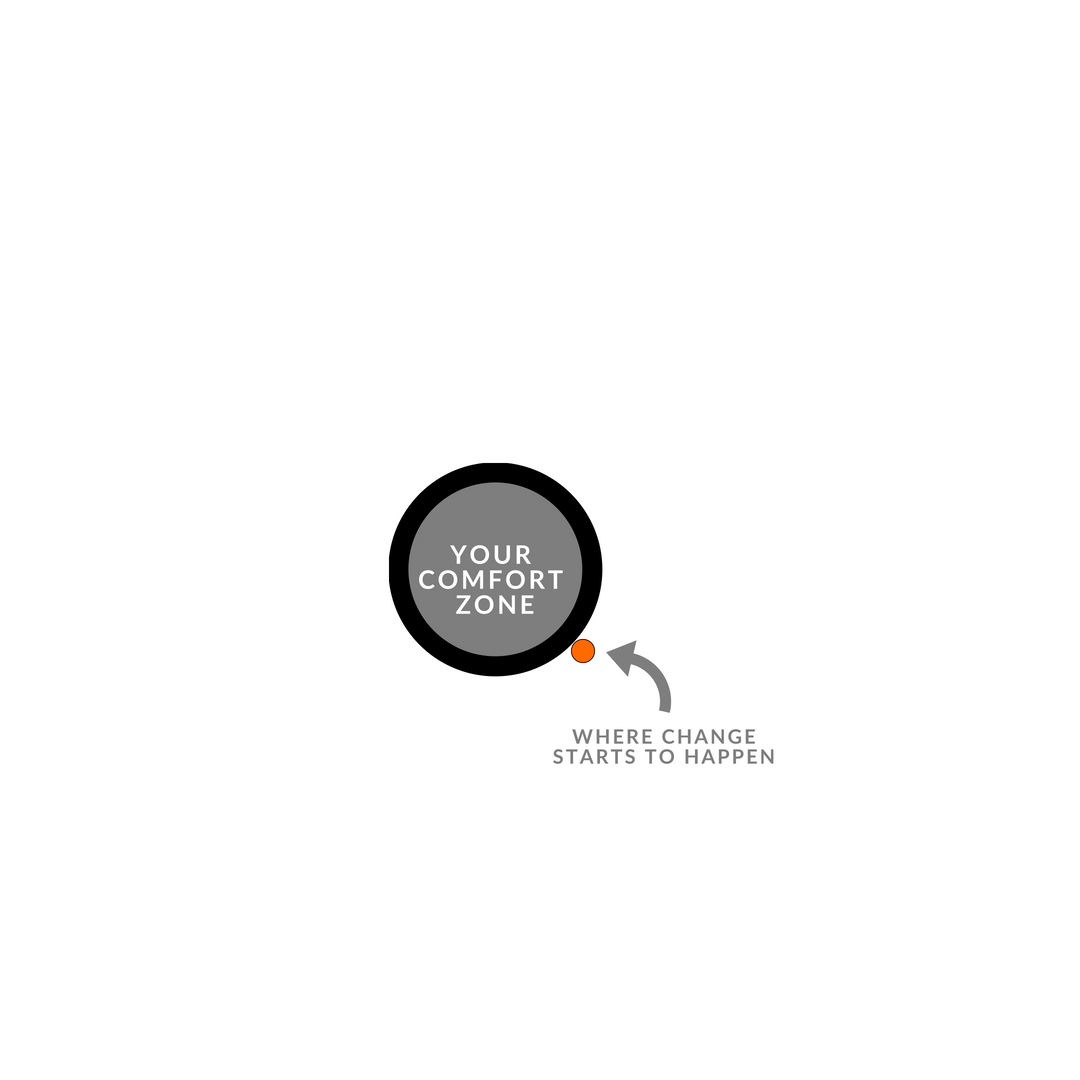One of my good friends recently did something that surprised me.
She bought a juicer. And not just any juicer — a top-of-the-line $300 cold press juicer. She’s also signed up for personal training sessions, after talking about starting to work out again for over a year.
What surprised me was there was no obvious impetus for the change. No doctor saying her cholesterol was too high. No high school reunion to look good for. No pressing reason to start today rather than tomorrow.

This isn’t typically how humans do change. We’re wired to stick with the “same old, same old,” even if change might ultimately be for the better.
That’s why every morning, we wake up and reach for the familiar thoughts and feelings that remind us of who we are. “Ah, there it is, that low-grade anxiety about whether I’m good enough.”
And, as neuroscientist Dr Joe Dispenza says: “We balk at changing until things get really bad and we’re so uncomfortable that we can no longer go on with business as usual. We wait for crisis, trauma, loss, disease and tragedy before we get down to looking at who we are, what we are doing, how we are living, what we are feeling and what we believe and know in order to embrace change.”
But why wait for a health scare to quit your stressful job or see the world? Why live in reactive mode when we can evolve by choice instead?
Here’s the thing: Incremental, what I call Ridiculously Tiny Changes (RTC) don’t create much resistance.
And the slightest change in our “mode of being” matters. Because it interrupts the automaticity of our routine. Because it proves that we’re in control, that we are capable of change.
And it turns out a series of small changes is exactly what my friend had made.
That’s why every week, I make a list of “RTCs” that I want to incorporate into my day: Washing the dishes with my left hand. Running backwards. Reviewing the events of the day backwards before I go to sleep.
And as the RTCs accumulate, my comfort zone becomes a little more elastic, the boundaries of my identity a little more porous. And it’s leading to making bolder client proposals, trying scary new moves at Crossfit and expressing myself more authentically…
